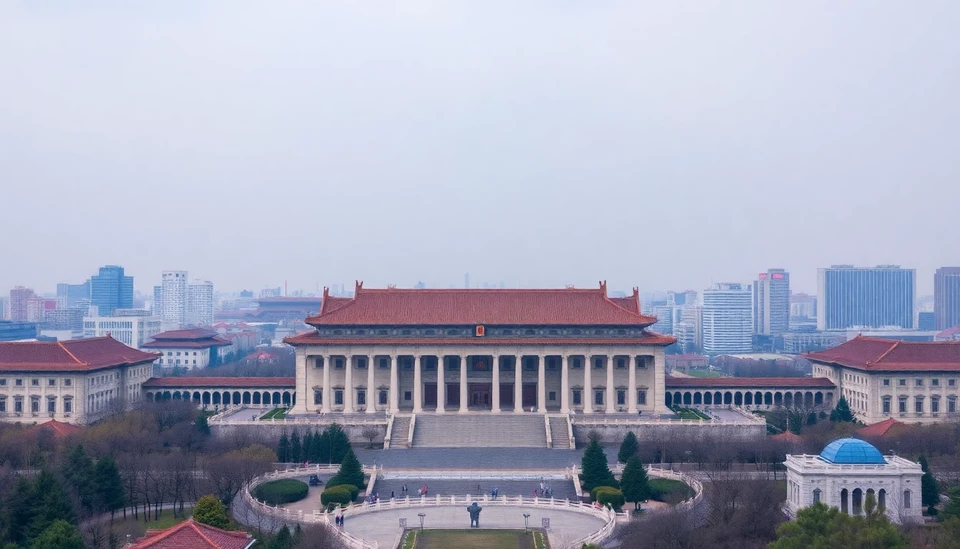
As China's legislative body prepares for a critical meeting this month, the nation's bond market is closely monitoring developments that may herald a shift in fiscal policy. The Central Committee of the Communist Party is set to convene, with expectations high for announcements that could profoundly influence economic stability and growth.
This meeting comes at a time when China's economy faces various challenges, including sluggish growth rates and a looming property crisis. Recently released economic data has raised concerns among investors, who are keenly interested in how the Chinese government plans to address these issues through fiscal measures.
Analysts are particularly focused on the potential for increased borrowing and expanded fiscal spending as the government aims to invigorate the economy. Observers believe that any commitments made during the meeting could lead to an uptick in government bonds as the market adjusts to new fiscal realities. The ramifications of these discussions may well dictate market trajectories in the near future.
The meeting is also anticipated to cover strategies for stabilizing the property sector, which has been a significant contributor to economic turbulence in recent years. With many property developers in distress, the government’s response will be scrutinized for signals regarding its priorities in managing financial risk. Investors are hoping for a robust plan that might include further debt restructuring along with incentives for homebuyers to rejuvenate the market.
Furthermore, China's Ministry of Finance has signaled its willingness to increase its fiscal deficit to provide the necessary support to the economy. Such a move would involve enhanced local government financing capabilities to facilitate infrastructure projects and other vital expenditures. This development, if confirmed, could result in a positive response from the bond market as investors await higher yields in a reinvigorated economic landscape.
The bond market's sensitivity stems from a history of government policies that directly influence yields and credit quality. The anticipated fiscal plans are expected to set the stage for a new fiscal framework in the coming years, leaving traders on alert for any language that might suggest changes in the long-term outlook for government bonds.
In conclusion, as the legislative meeting approaches, the overall sentiment in China's bond market continues to hinge on the decisions that will emerge from these crucial discussions. The blend of potential fiscal expansion and measures to support the beleaguered property sector are set to play pivotal roles in shaping investor confidence and market dynamics going forward.
#ChinaBondMarket #FiscalPolicy #GovernmentBonds #EconomicGrowth #PropertySector
Author: Daniel Foster
